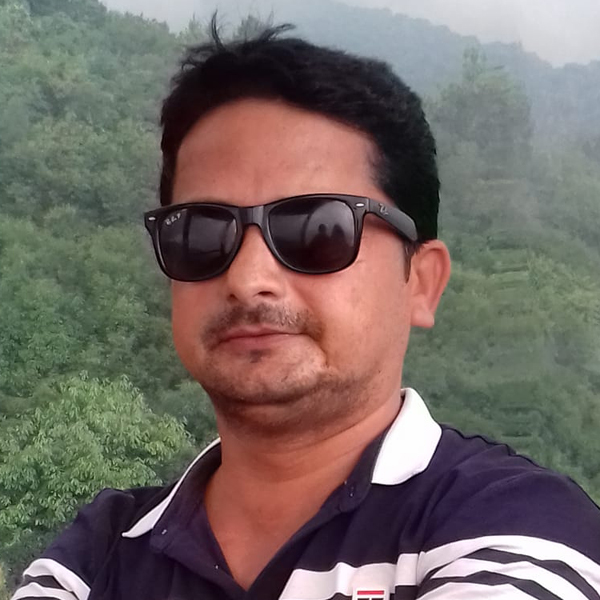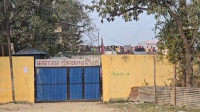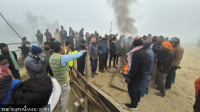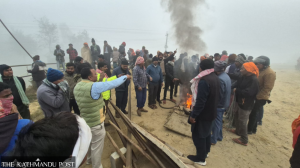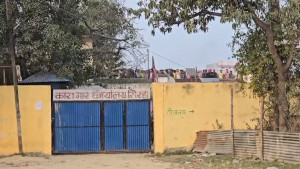Madhesh Province
Cholera outbreak in Birgunj stabilises
Vaccination drive planned as risk of new infections persists.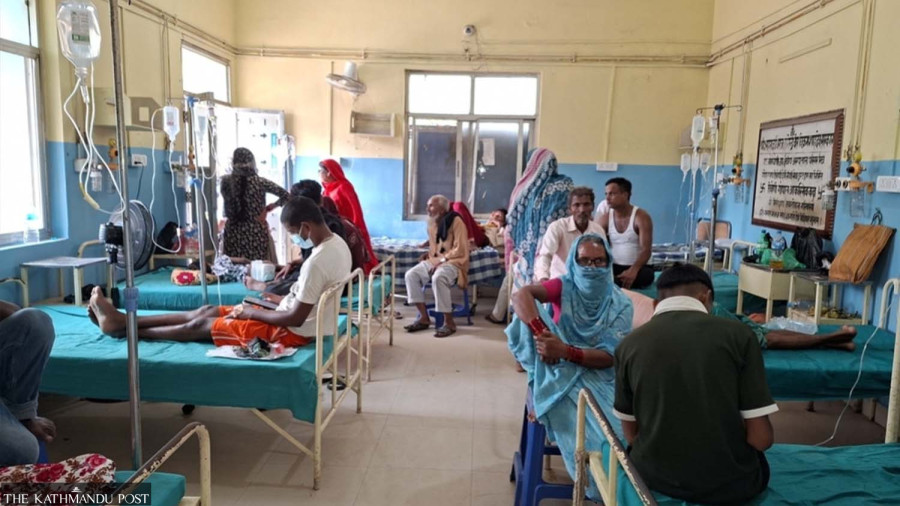
Shankar Acharya
The cholera outbreak detected in Birgunj about one and a half months ago has now stabilised. According to data released by the public health division of Birgunj Metropolitan City on Tuesday evening, the total number of cholera cases in the city has reached 227.
The figure had remained the same as of September 27. All patients have recovered and returned home. During this period, 1,646 patients with diarrhoea and cholera visited various hospitals in Birgunj, of whom 1,641 were discharged after treatment. Currently, five patients are undergoing treatment for diarrhoea.
Outside Birgunj, 18 cholera patients had sought treatment at Pokhariya Hospital, but the number of infections has not increased there.
Source of infection remains unknown
Initial claims by local authorities stated that no deaths had occurred due to cholera in Birgunj. However, one woman and one man at Narayani Hospital and Birgunj Health Care Hospital, respectively, died showing symptoms similar to cholera. Their funerals were held without laboratory confirmation.
The erstwhile prime minister KP Sharma Oli on August 29 had informed the House of Representatives that three deaths had occurred due to cholera in Birgunj. Officials in Birgunj however did not officially confirm any death from cholera.
Various speculations arose about the source of the outbreak. Early assumptions pointed to water from the city’s water supply or newly dug deep bore wells. However, laboratory tests found no cholera bacteria in the water. Birgunj Metropolitan City’s laboratory tested water samples from seven sites across wards 10, 11, and 12, and all were negative for diarrhoea-causing bacteria, including E. coli. The tests were conducted at the city’s modern laboratory at the water treatment centre in ward 1.
Federal authorities had also tested samples from Birgunj in collaboration with World Health Organisation (WHO) and UNICEF experts, with no cholera detected in any water source.
Risk remains
Dr Uday Narayan Singh, spokesperson for Narayani Hospital, said that four to five patients with diarrhoea visit the hospital daily. He warned that recent heavy rains in Parsa and Bara could trigger new infections.
“Cholera could spread again through water pipelines contaminated by runoff after heavy rainfall. Only if no new cases appear in the next three to four days can the risk be considered lower,” he said.
Vaccination drive planned
The WHO will launch a vaccination programme in Parsa and Bara to prevent cholera. Dr Singh said the programme will begin with orientation sessions for doctors, followed by community-level training before starting vaccination.




 13.12°C Kathmandu
13.12°C Kathmandu